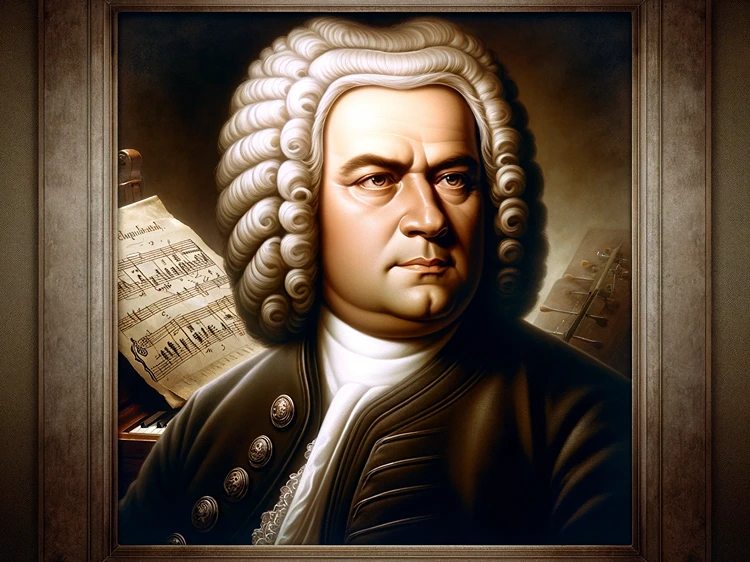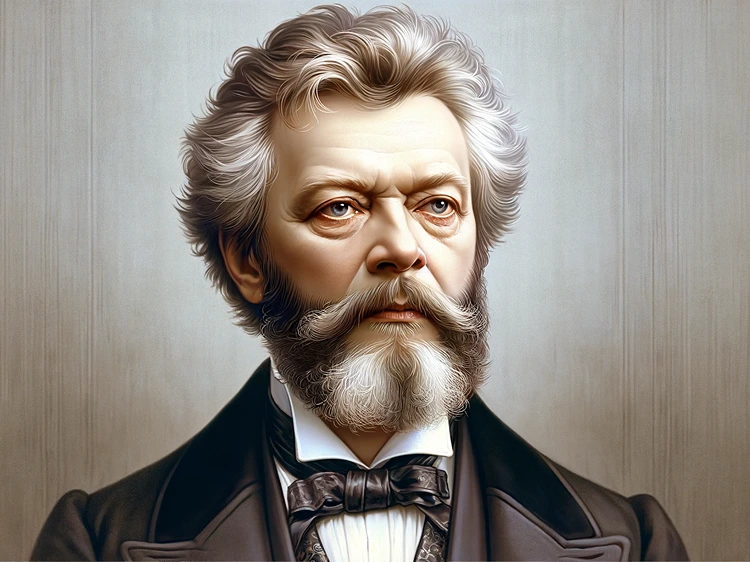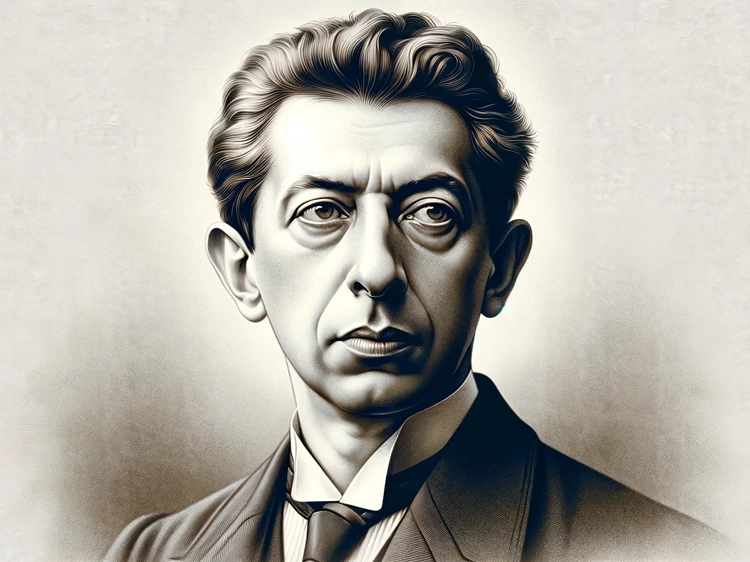When we think of classical music, we are transported to a world of timeless melodies, intricate harmonies, and the genius of composers who have left an indelible mark on the art form. From the hauntingly beautiful compositions of the Romantic era to the mathematical precision of the Baroque period, classical music has a rich history shaped by visionary composers.
The Baroque Era: Johann Sebastian Bach

The Baroque era, spanning from the early 17th to the mid-18th century, was a period of artistic extravagance and innovation. At the heart of this era stands Johann Sebastian Bach, a composer whose work epitomizes the intricate beauty of Baroque music.
Bach’s compositions, ranging from sacred cantatas to intricate keyboard pieces, showcase his extraordinary ability to blend melody and harmony. His “Brandenburg Concertos” and “Mass in B Minor” remain masterpieces of the era, admired for their mathematical precision and emotional depth.
What sets Bach apart is his unmatched skill in contrapuntal composition, where multiple independent melodies interweave seamlessly. His music continues to be a cornerstone of classical repertoire and a testament to the enduring power of the Baroque era.
The Classical Era: Wolfgang Amadeus Mozart
The Classical era, characterized by clarity, balance, and structured compositions, found its most brilliant exponent in Wolfgang Amadeus Mozart. Born in 1756, Mozart displayed prodigious talent from an early age, composing symphonies and operas that continue to enchant listeners.
One of Mozart’s defining contributions was his ability to infuse emotion and lyricism into his music while adhering to the classical form. His operas, such as “The Marriage of Figaro” and “Don Giovanni,” are celebrated for their wit, complexity, and emotional depth.
While Mozart’s life was tragically short, his impact on classical music is immeasurable. His symphonies, concertos, and chamber music compositions are cornerstones of the genre, revered for their innovation and timeless beauty.
The Romantic Era: Ludwig van Beethoven
The Romantic era ushered in a new wave of emotional expression and individualism, and Ludwig van Beethoven emerged as its towering figure. Beethoven’s music is a testament to the power of human emotion and the triumph of the individual spirit.
His Ninth Symphony, with its choral finale, broke new ground by incorporating voices into the symphonic form. It remains an anthem of universal brotherhood and a testament to the human capacity for hope and beauty.
Beethoven’s deafness, a personal struggle that would have silenced most composers, only fueled his determination to create music that transcended the limitations of the physical world. His “Moonlight Sonata” and “Eroica Symphony” are just a glimpse into his revolutionary contributions to classical music.
The Late Romantic Era: Pyotr Ilyich Tchaikovsky

The late Romantic era was marked by lush orchestration, sweeping melodies, and an exploration of nationalistic themes. In this era, Pyotr Ilyich Tchaikovsky stands out as a composer whose music captures the essence of Russian soul and emotion.
Tchaikovsky’s ballets, including “Swan Lake” and “The Nutcracker,” have become iconic in the world of classical music. His ability to evoke vivid imagery and emotion through music is unparalleled.
What sets Tchaikovsky apart is his ability to fuse Russian folk melodies with Western classical forms. His “1812 Overture” and “Romeo and Juliet” are prime examples of this synthesis, showcasing his mastery of orchestration and storytelling through music.
The Impressionist Era: Claude Debussy

The Impressionist era, known for its emphasis on atmosphere and mood over traditional form, found a trailblazer in Claude Debussy. His compositions evoke dreamlike landscapes and ethereal beauty, making him a pioneer in the world of modern classical music.
Debussy’s “Clair de Lune” is perhaps one of the most recognized and beloved pieces in classical music, with its delicate, cascading notes that transport listeners to a moonlit reverie. His use of unconventional scales, harmonies, and tonalities challenged the norms of his time and laid the groundwork for 20th-century music.
Debussy’s ability to create soundscapes that transcend traditional structure and narrative is a testament to his innovation and artistic vision.
The 20th Century: Igor Stravinsky

The 20th century brought radical changes to classical music, and Igor Stravinsky was at the forefront of this transformation. His compositions, including “The Rite of Spring” and “The Firebird,” shocked and mesmerized audiences with their bold experimentation and rhythmic complexity.
Stravinsky’s ability to push the boundaries of tonality and structure revolutionized classical music. His collaboration with Sergei Diaghilev’s Ballets Russes brought a new level of avant-garde expression to the world of dance and music.
While his works may have initially met with controversy, they left an indelible mark on the course of 20th-century music, influencing generations of composers and paving the way for the modern classical landscape.
The Bottom Line
As we journey through the annals of classical music history, we encounter these visionary composers who have shaped the genre in their unique ways. From the mathematical precision of Bach to the emotional depth of Beethoven, from the dreamlike landscapes of Debussy to the bold experimentation of Stravinsky, each composer has left an indelible mark on the art form.

